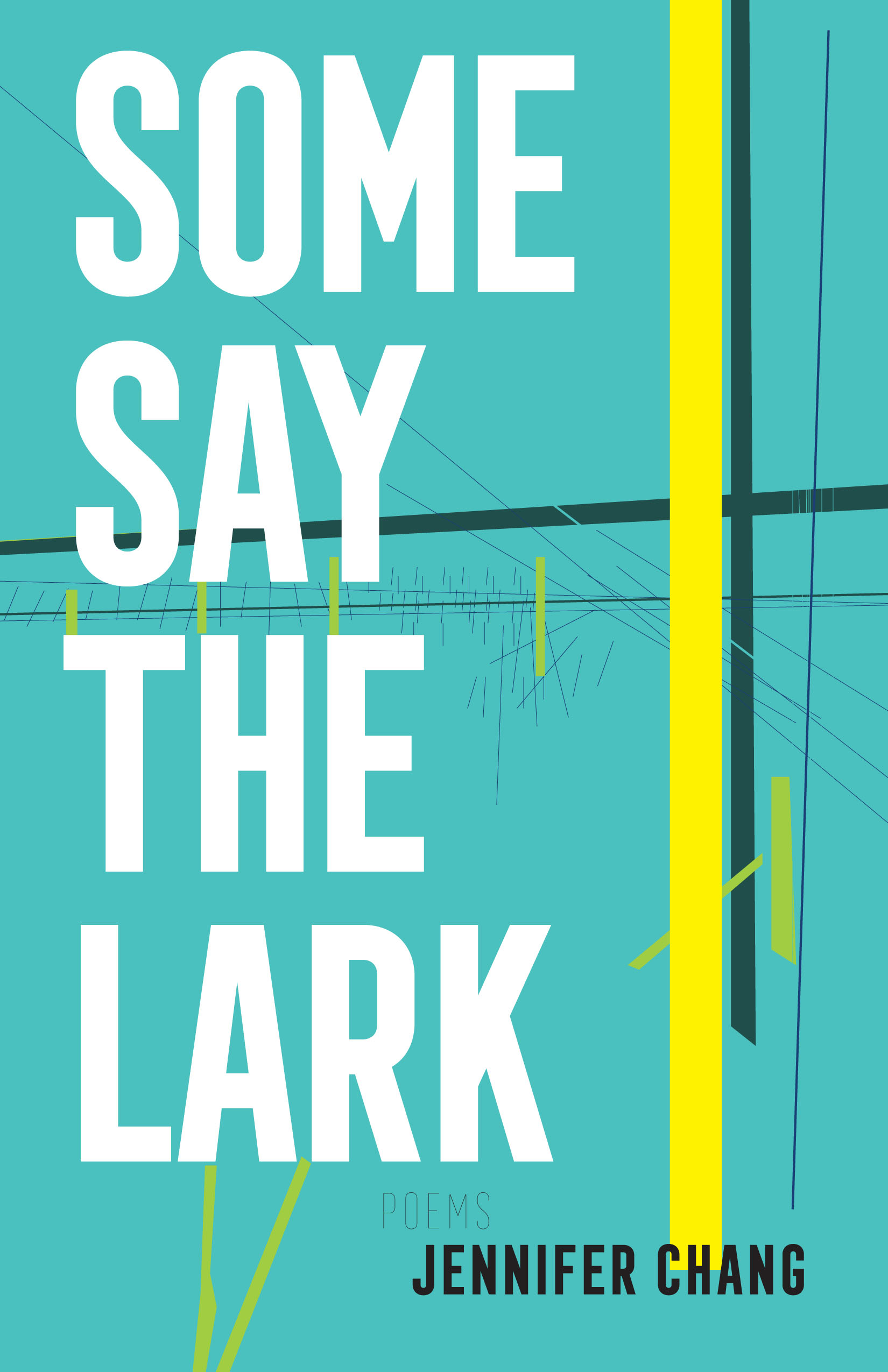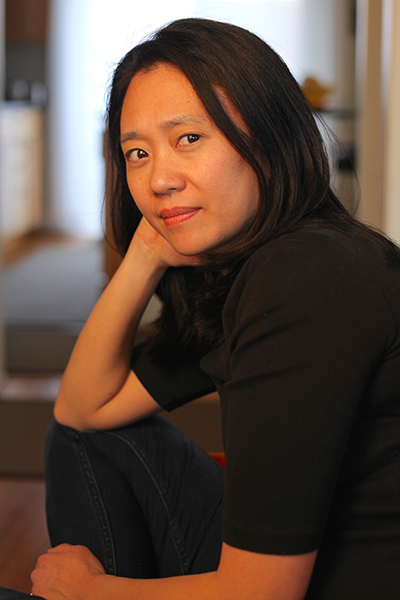Unfortunately, I am prone to querulousness, and so when I was asked to write about how objects function in my poems, my first response was that I never write about objects! What did I write about then? The world outside my window. In other words, trees, my neighbor trimming his flower bushes, tricks of light that transform a shadow into memory. That! That is what I write about.
While it is true that I’ve written about all these non-objects, it is not true that objects don’t figure in my poems, or in my thinking. Poets turn to objects not only because there is a pen in my hand and a jar of almonds on my desk but also because objects give form to the abstractions—feelings, thoughts, questions—that brought us to write in the first place.
When William Carlos Williams observes, “So much depends / upon // a red wheel // barrow,” he isn’t just balancing a subject (“so much”) and an object (“a red wheel barrow”) across syntax and lines. Without the wheelbarrow, that “so much” wafts away, becomes part of the ether. Nothing but abstraction. The red wheelbarrow invites readers to imagine what “so much” might be. It invites readers into the poem, to interact with the language and the imagery that ensues: the glaze of rain water, the white chickens. “So much” elicits our engagement: it comes to include the social worlds of our readers and, simultaneously, the very abstractions “so much” refers to. What depends on the red wheelbarrow? Chicken feed, shovelfuls of dirt, the daily effort of living for animals and humans, the way one word compels another into being and thus arrives at thought, the unfurling of time, so much.
But “so much” also indicates how objects can prove inadequate in our need for expression, and here is where querulousness informs my craft. I sat down to write a poem about the world that wasn’t really about anything, or so I told myself.
I can’t remember when I wrote the poem “The World,” but years ago I was stuck alone in a small house during an ice storm in upstate New York. For days I could go nowhere. The temperature dwelled stubbornly below freezing. The roads were too slick to walk on. My car was encased in ice, a solid blue cube, and, quite comically, a red bicycle, leaning against a nearby shed, seemed to be waiting for me. I sat at the window, wearing two sweaters, looking at it. Amidst the snow and ice, the bare trees, the stone gray sky, a slash of red would catch my eye whenever I walked past this window. Sometimes that slash was the red bicycle; sometimes it was a cardinal or two, a bevy of which would congregate on the roof of that shed every morning.
In all likelihood, my tiny corner stayed frozen shut for only two or three days, but the stillness, my cold captivity, felt eternal, and so any life I could potentially have beyond it felt impossible. I had not yet published a book; relationships that had once been important to me were about to fall apart. More important, I had not yet figured out who I was or what I cared about. I did not know what I wanted from poems or other people or from merely living. In writing about that frozen time, I wrote “The World”—whether then or years later I don’t know—because that red bicycle was more vivid to me than I was to myself. And yet, even that object—its material reality, its functional integrity—is fleeting. The red bicycle appears once, re-emerges as “red wings” and then as “red thoughts.” By the end of poem, there is a flame, a burning, and instead of an object, there is a feeling: numbness.
The red bicycle in “The World” evinces the impossibility of what I had once sensed about experience, giving form to a desire for freedom and progress that I could not yet identify and did not in the least understand. That it disappears in the course of the poem makes me wonder now if I’d ever seen the red bicycle at all. The red thoughts were there, and certainly the cardinals, but I wonder now: did I lose the object while writing the poem or did I conjure it and put it there because I needed something to keep me from getting lost?




